Why You Need Insurance For Your Self Build Plot
Once you’ve completed the conveyancing and bought your plot of land, no matter whether you’re ready to build now or at some stage in the future, you become responsible for the land. Technically, this means you’ve assumed liability for everything on it. The ‘it will never happen to me approach’ won’t help you when problems occur, so it’s vital to ensure you’re protected from day one.
Is my self-build plot covered?
If you happen to live next door to your proposed building site, don’t assume that your current household insurance will cover you. If the plot is registered separately then it won’t be part of this policy. You therefore need to make sure that you genuinely have adequate insurance cover against any claims that might be brought against you.
Be thorough when checking this out: apart from the actual legal liability for accidents or other issues, you need to ensure the costs incurred in defending any actions are also covered. We live in an increasingly litigious world, and defending claims can be a lengthy and expensive process. Having a suitable, dedicated insurance policy in place will mean you know you and your plot are protected.
In most cases, the product you’ll need is known as a landowner’s liability policy. However, circumstances vary and it’s important you check that your exact requirements are covered. Be aware that these could well change over time, and you may need to adapt the product you’ve purchased or switch to a new, more appropriate policy.
Which self-build insurance is best?
The best way to understand how your cover needs could change is to take you on a typical self-builder’s journey. Assuming you intend to develop the land, there’s likely to be a delay (which could be several weeks, months or longer) whilst your scheme is drawn up and full planning permission obtained.
During this time, you will need to carefully consider the potential risks on the plot. Are there any derelict buildings, walls or other structures on the site? What about lakes, ponds, dried-up wells or potentially diseased trees? All of these could present a liability risk if trespassers – particularly children – gain access to your land.
This is important even with buildings that have little or no value, including those you intend to demolish at some point. If someone was to be injured as a result of a structure’s derelict state, then as the landowner you may be liable to compensate them.
It might be that, whilst you wait for your planning consent to come through, you decide to start preparing the land to build on. Shrubs and trees may need to be cleared (being mindful of any tree preservation orders or other issues highlighted in the TA6 property information form you were presented during the sale process). You might also want to demolish any existing structures on the land using special plant and machinery.
If any of the above is the case, you will need more than a simple landowner’s liability policy, as this type of insurance typically excludes cover for work being carried out on a plot (let alone for protecting any equipment).
This is likely to be the point at which you need to consider purchasing a specific self-build site insurance policy from a reputable provider that’s backed by A-rated insurers. This will offer protection for the works, as well as covering your liability for anyone assisting on the project. It can also include any machinery, plant and equipment you purchase or hire in.
Protecting your build
Once construction is underway, site insurance will also cover your partially-built home as it progresses – together with the materials, equipment, fixtures, fittings etc. But do remember that these policies are normally sold for time-limited periods (typically 12, 18 or 24 months).
So it’s worth putting a reminder in your calendar to extend them if you’ve not completed the scheme within that timeframe. Providers such as Self-Build Zone offer automatic alerts to advise you when your policy is about to end.
Top Tips
|
Self-Build Zone provides specialist site insurance and 10-year structural warranties for self-builders and renovators. For more information about Self-Build Zone call 0345 230 9874 or log on to www.selfbuildzone.com
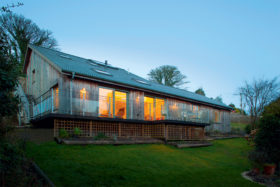
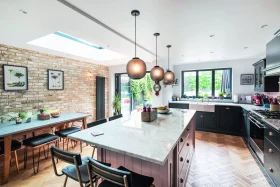


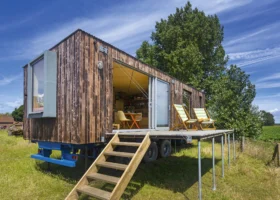
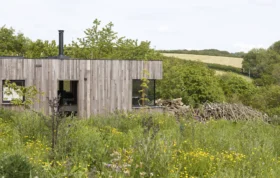
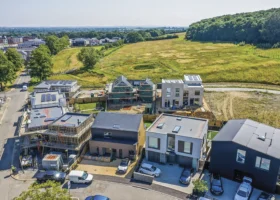
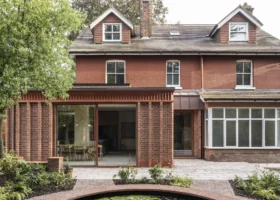
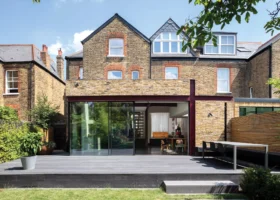



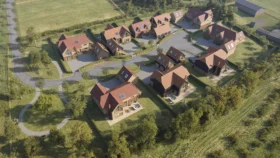
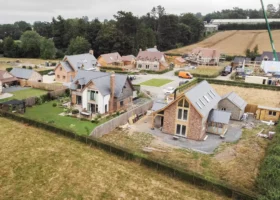

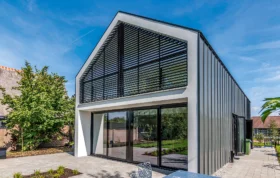

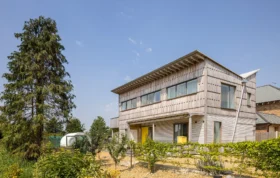
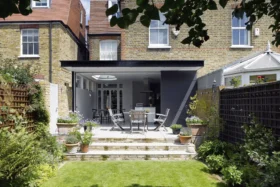
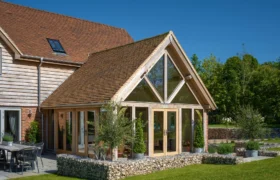

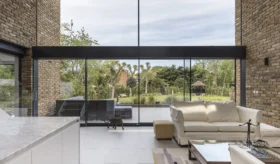













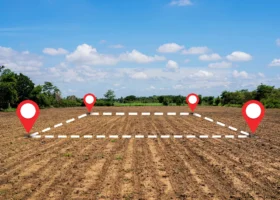


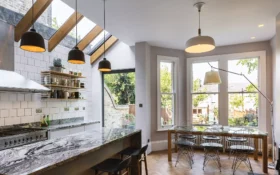




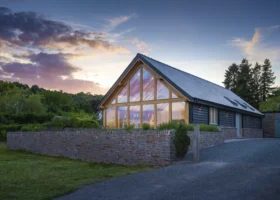
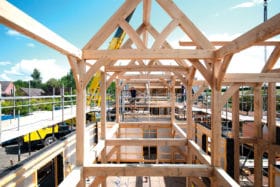
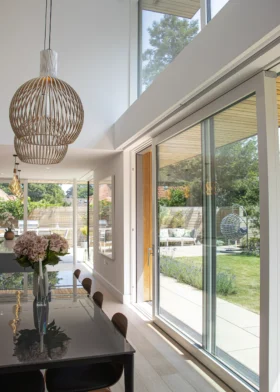
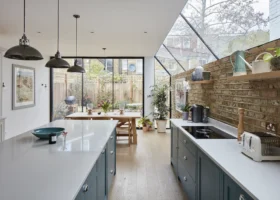

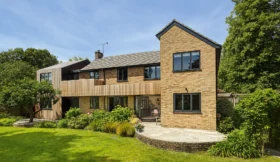

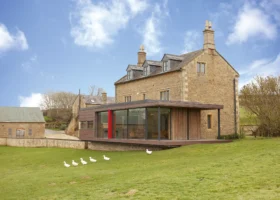
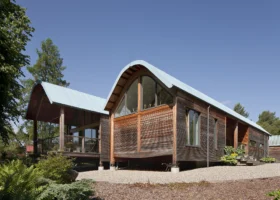

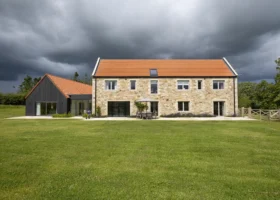
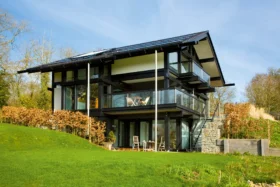



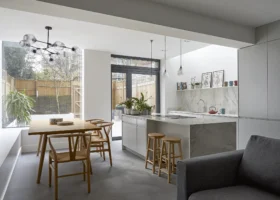

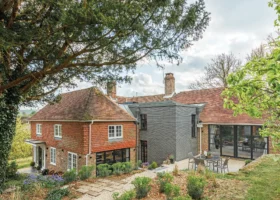
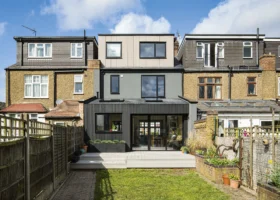
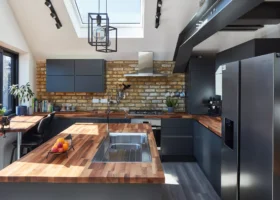
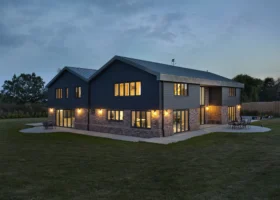





















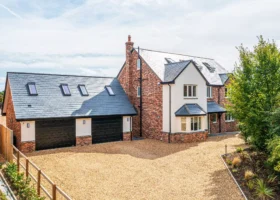
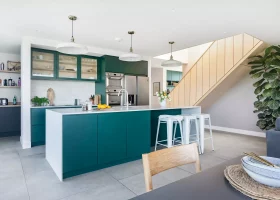










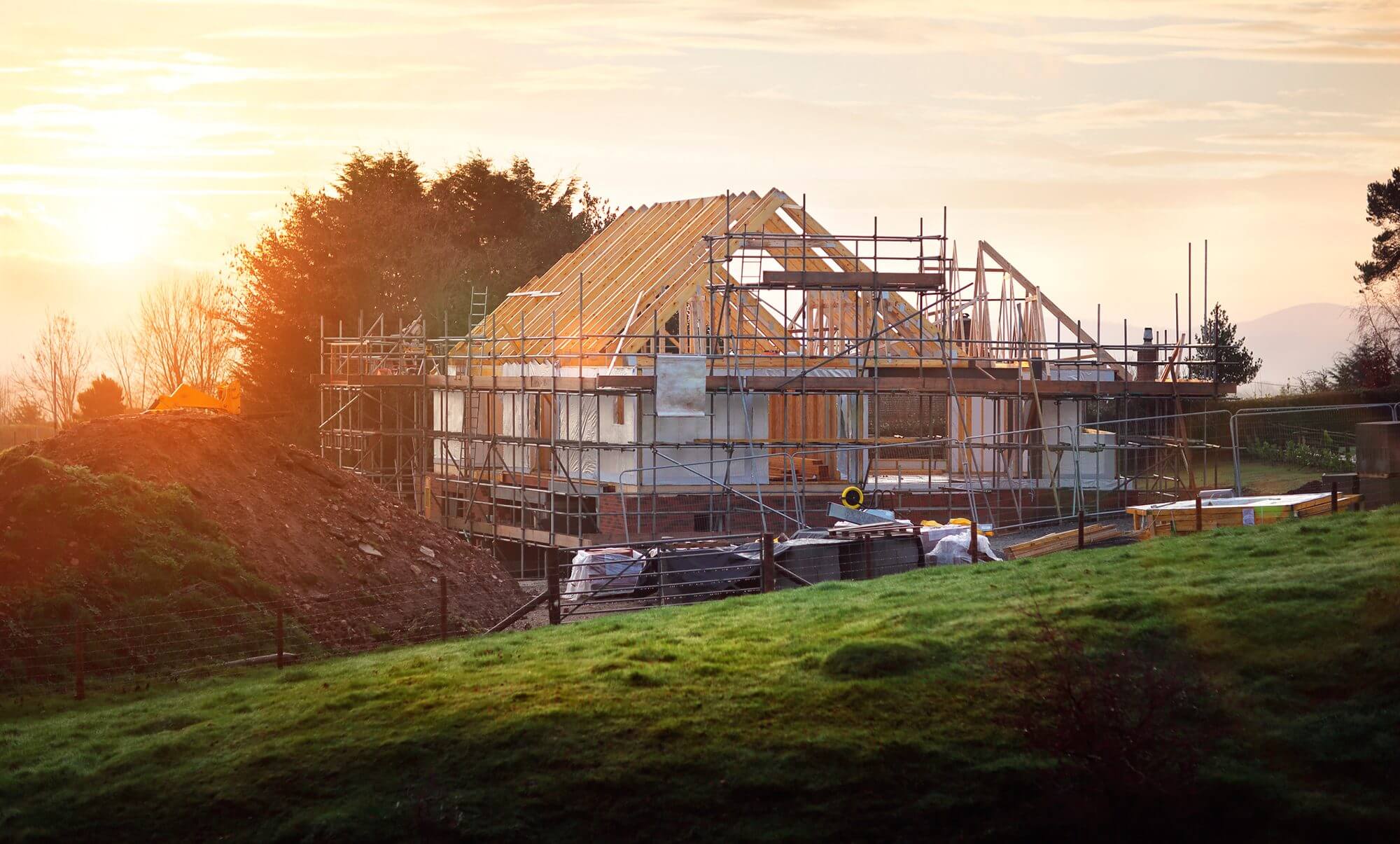
 Login/register to save Article for later
Login/register to save Article for later
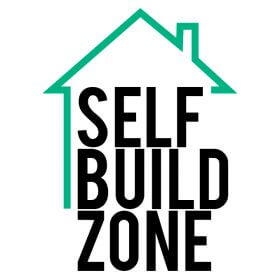
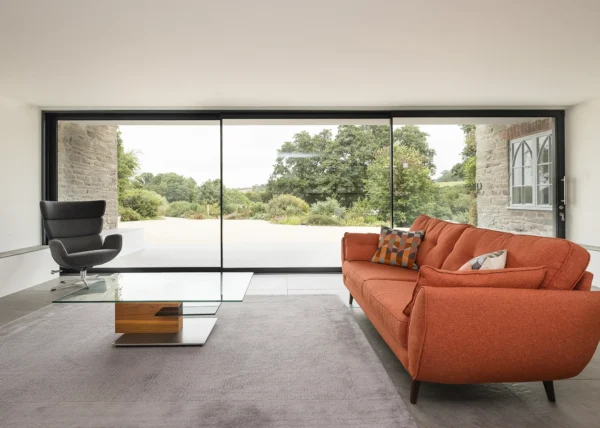
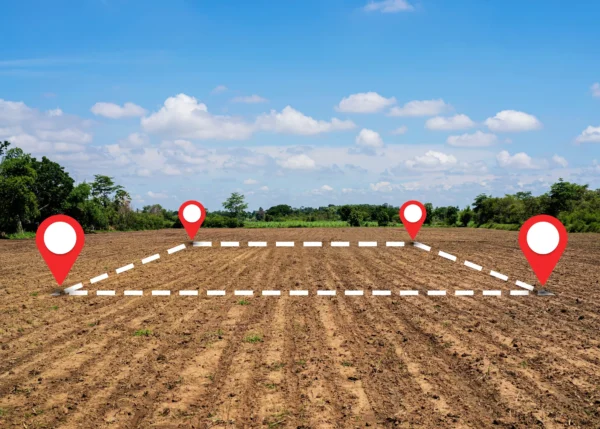
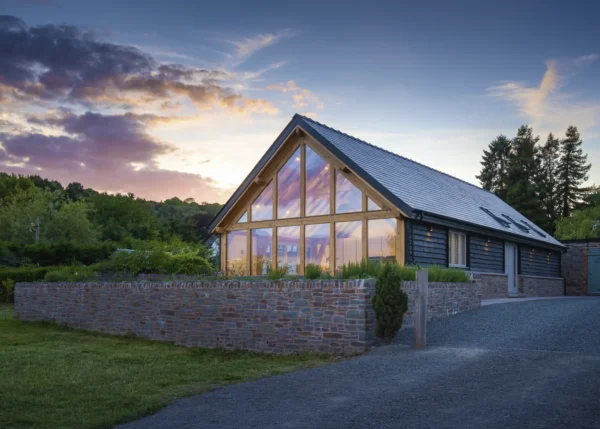
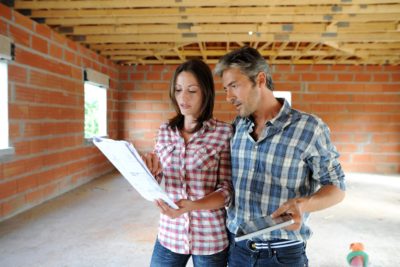








Comments are closed.